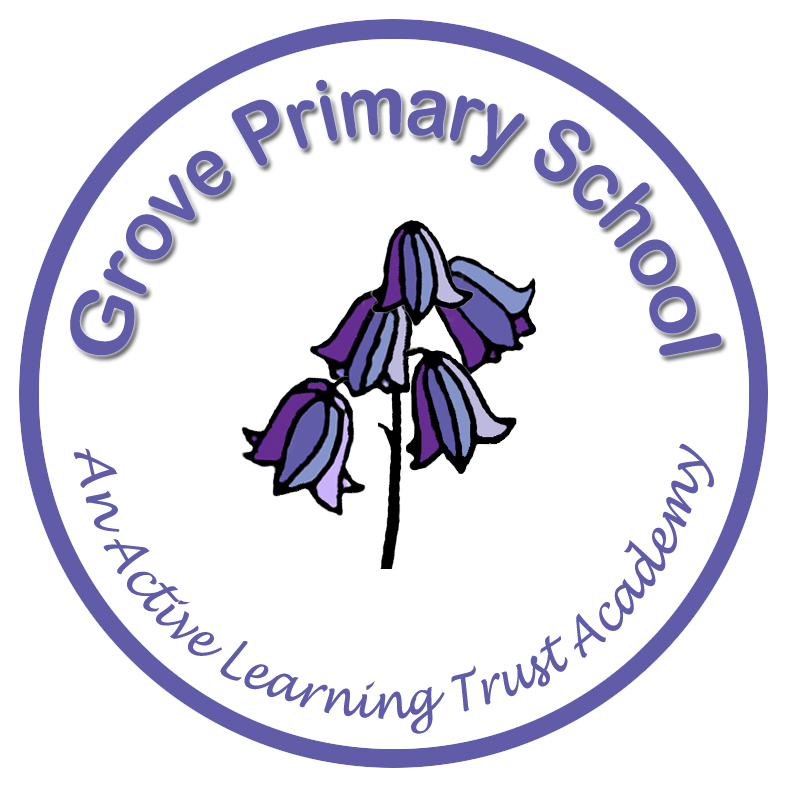Assessment
Effective Assessment
Underpinning everything that we do is the belief that effective assessment, as part of on-going learning and teaching and with the active involvement of pupils, is the most powerful means of improving learning and raising standards.
Assessment for learning involves:
· the sharing of learning objectives/intentions and success criteria with pupils, and the development of these with the pupils;
· giving oral and written feedback to pupils based on these objectives/intentions, with the feedback relating directly to their learning in a way that they can understand and act upon;
· the use of questioning to help pupils express and discuss their ideas and their understanding;
· the nurturing of pupils as independent learners through the development of self-assessment and peer assessment.
Weaving these four elements together in all curriculum areas ensures that the most effective learning takes place and achievement is high. We encourage our pupils to be enthusiastic, committed learners who thrive on challenge and have the ability to learn and work both independently and collaboratively.
How is our curriculum assessed?
Formative Assessment - this is on-going and focused on smaller chunks of the curriculum. This assessment involves identifying pupils’ achievements and successes, as well as areas for improvement or gaps in learning.This information is used to adapt teaching in order to meet the emerging needs of learners.
Examples of formative assessment include: low stakes testing / quizzing, multiple choice questions (including distractors), questioning, self and peer assessment. Work completed during enquiries, extended or shorter focused pieces of work will also be used to build up a picture overtime of a pupil’s progress towards meeting the geography curriculum objectives.

Summative Assessment -this happens at the end of each unit of work and at the end of the year, teachers make a judgement as to how well pupils know the intended body of knowledge set out in the Medium Term Plans, End of Unit Assessments and Key Stage Progression Assessment Documents. Evidence at this point will be gathered from a range of sources in order to reach a judgement including. At this point an attainment level is assigned and these are explained below. The end of year summative assessment is reported to parents in pupils’ annual end of year report.
Asesssment Attainment Levels
|
A |
Working above or at depth within the year group standard. |
The pupil has acquired all the intended knowledge set out in the curriculum overview and can use and apply it in a variety of contexts. |
|
SA |
Working securly at year group standard. |
The pupil has acquired all the intended knowledge set out in the curriculum overview. |
|
JA |
Working just at the year group standard. |
The pupil has acquired almost all of the intended knowledge set out in the curriculum overview. |
|
B |
Working below the year group standard |
The pupil is not currently acquired intended knowledge set out i the curriculum overview. They are working below that standard for the year group. |

